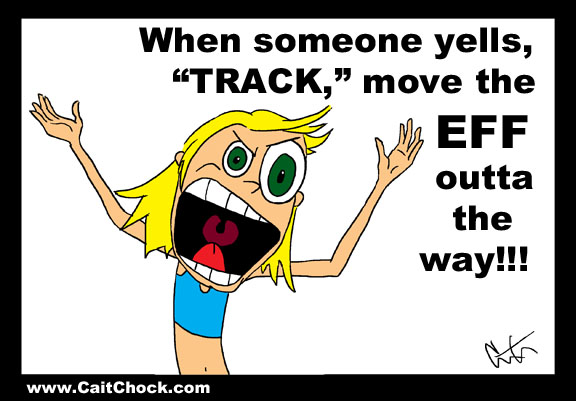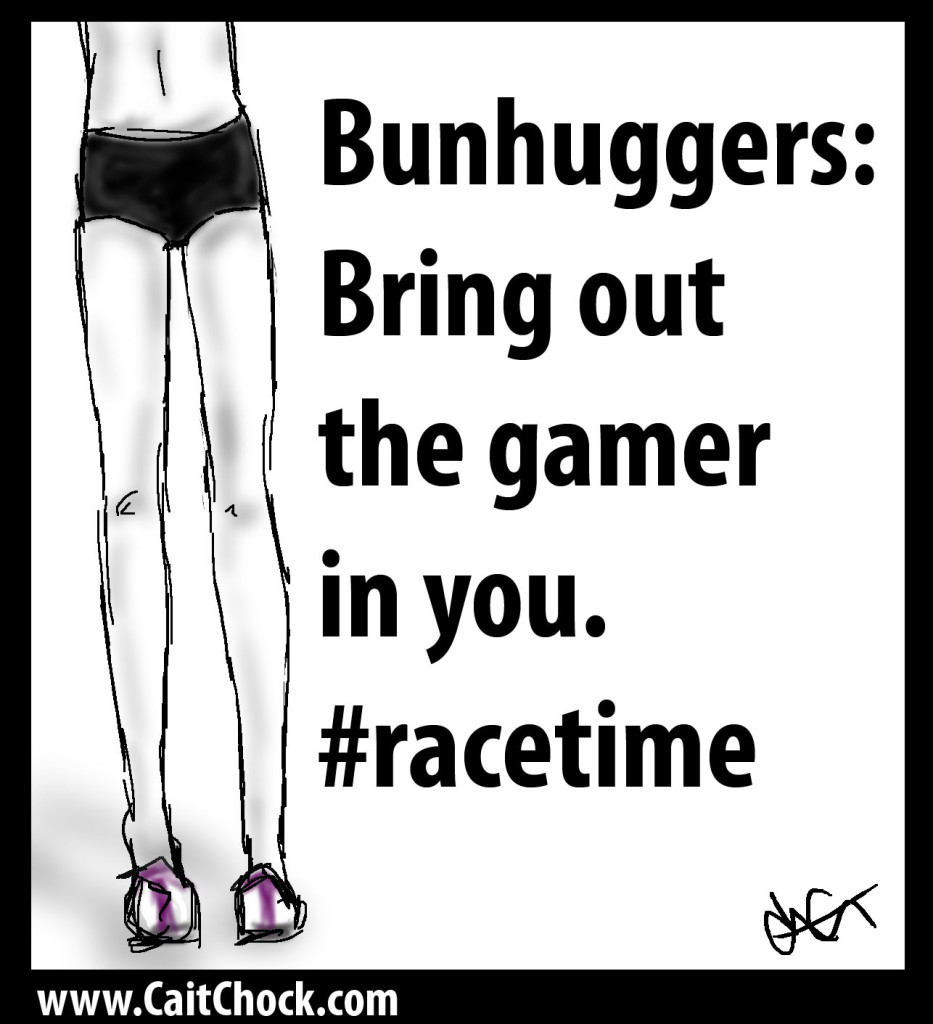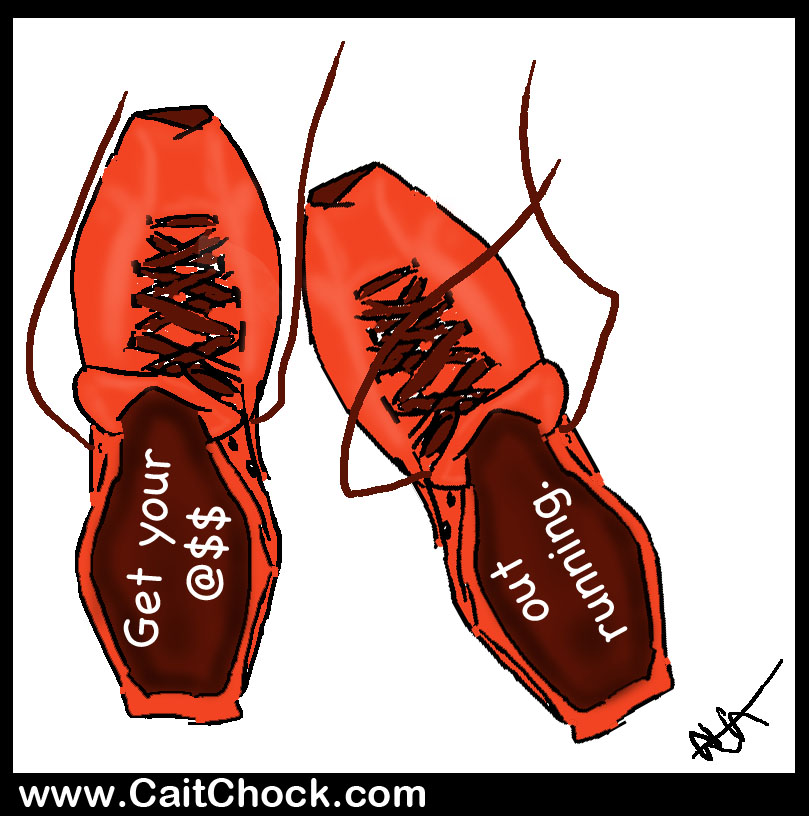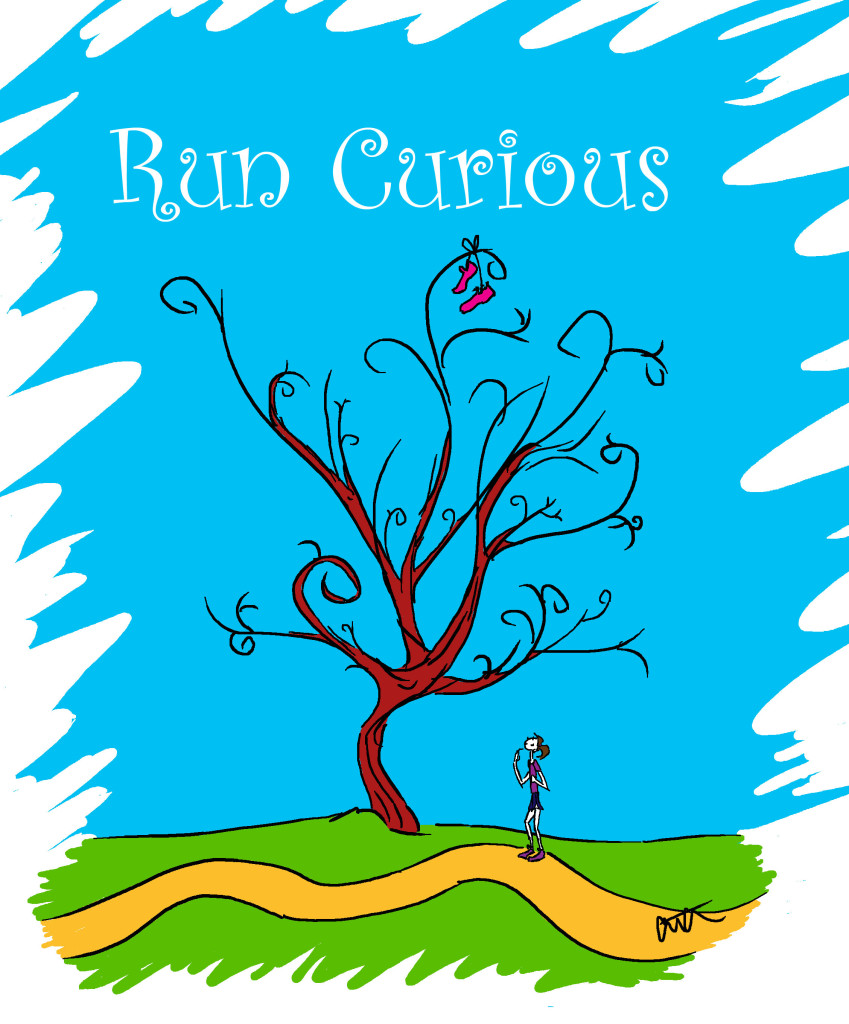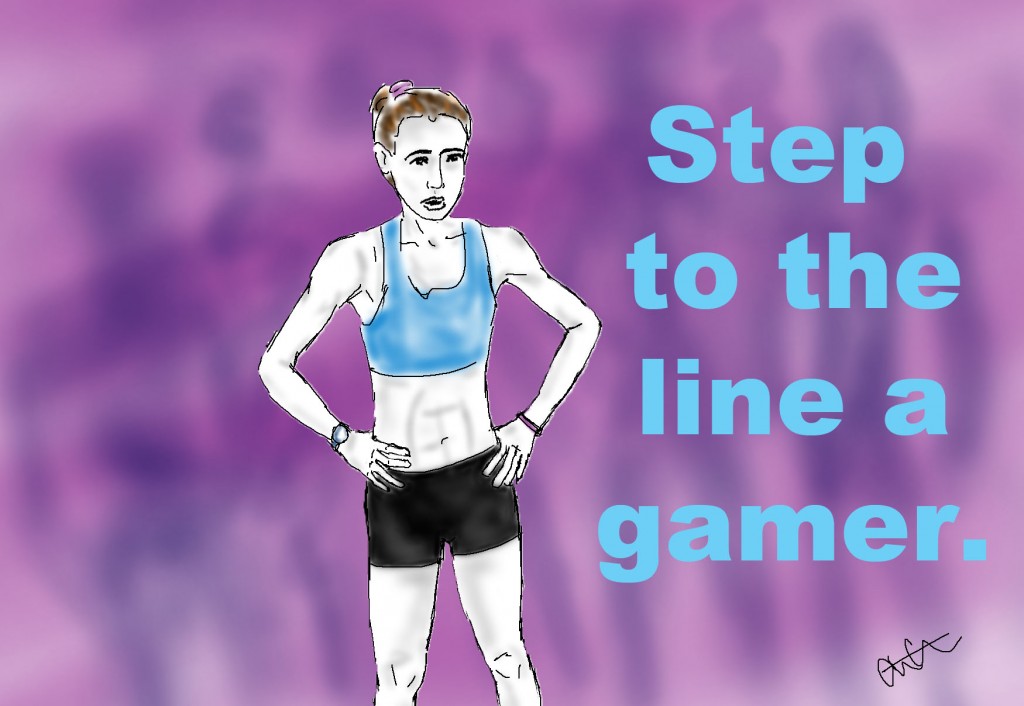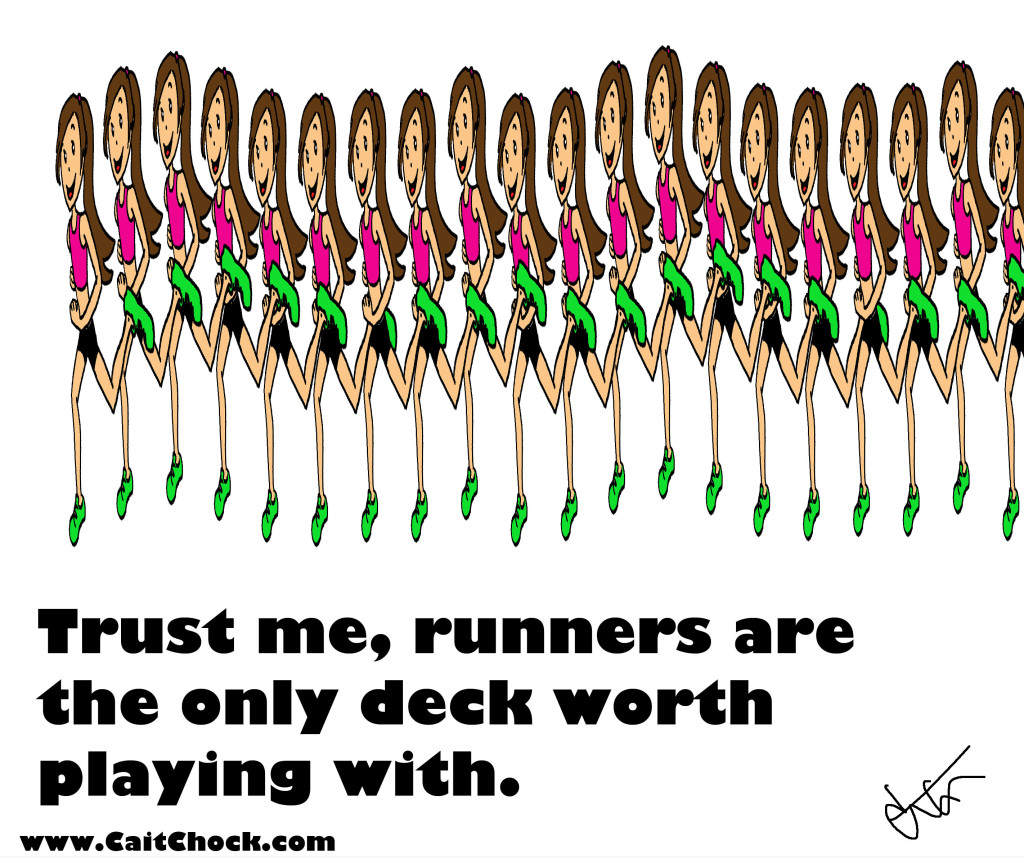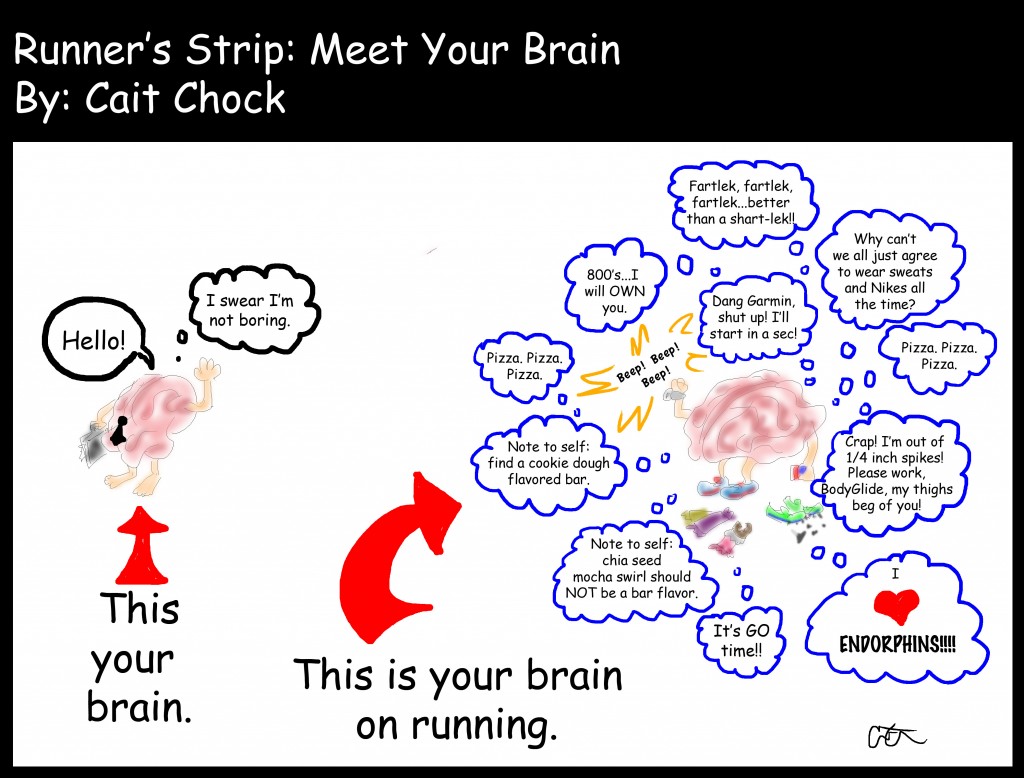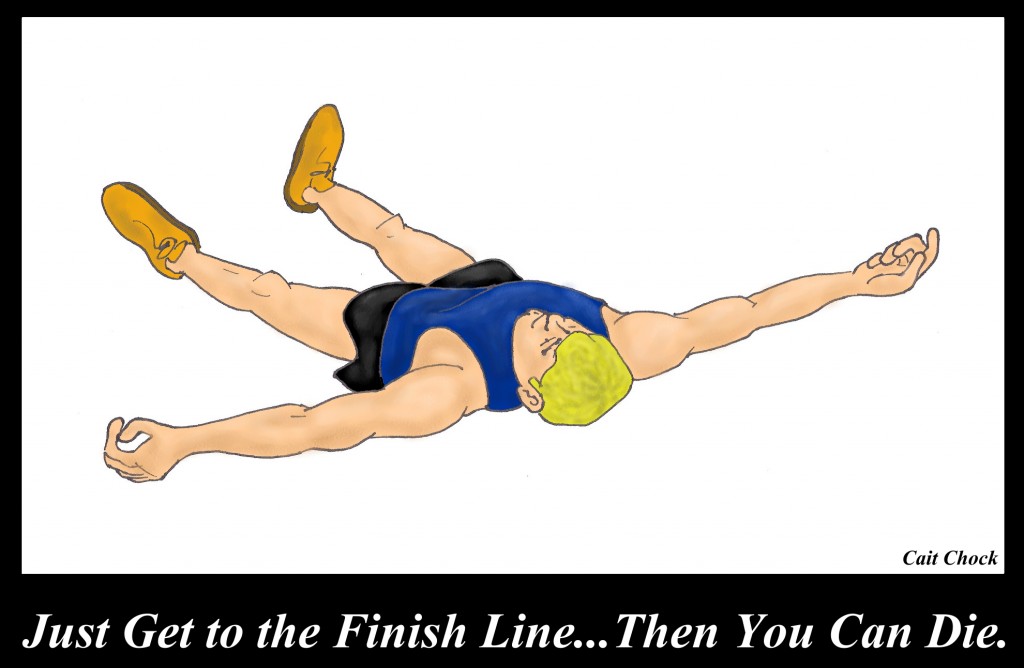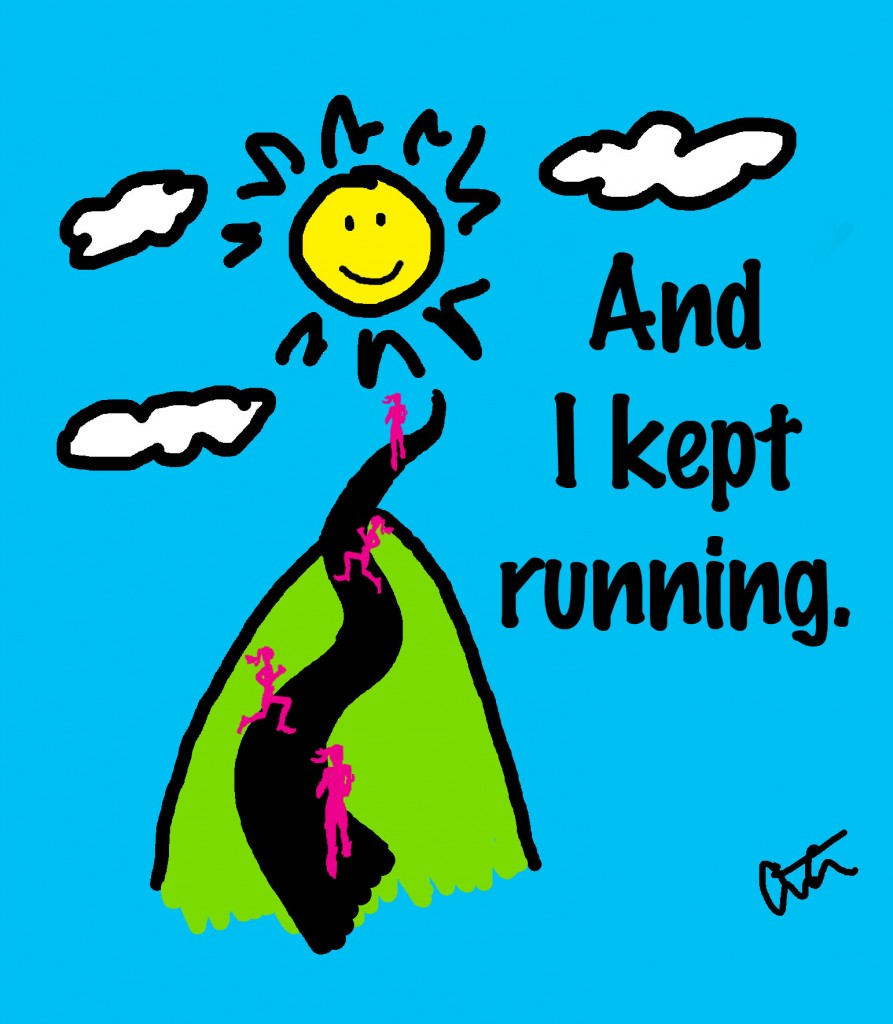Getting a runner to be faster is an interesting undertaking. It’s actually a concept that coaches and athletes have been trying to perfect for centuries. As science has improved, training has evolved, we’ve created training phases and workouts that push the runner and train their body.
Simplistically it’s easy to sum it up like this: if you want to run faster, run faster. This is true of course, doing speed work and improving your base speed, is going to enable a runner to run a faster pace as the distance gets longer. As in, if you improve your mile time you’ll be able to run a 5k and 10k faster. If you don’t do speed work you’ll never improve your speed.
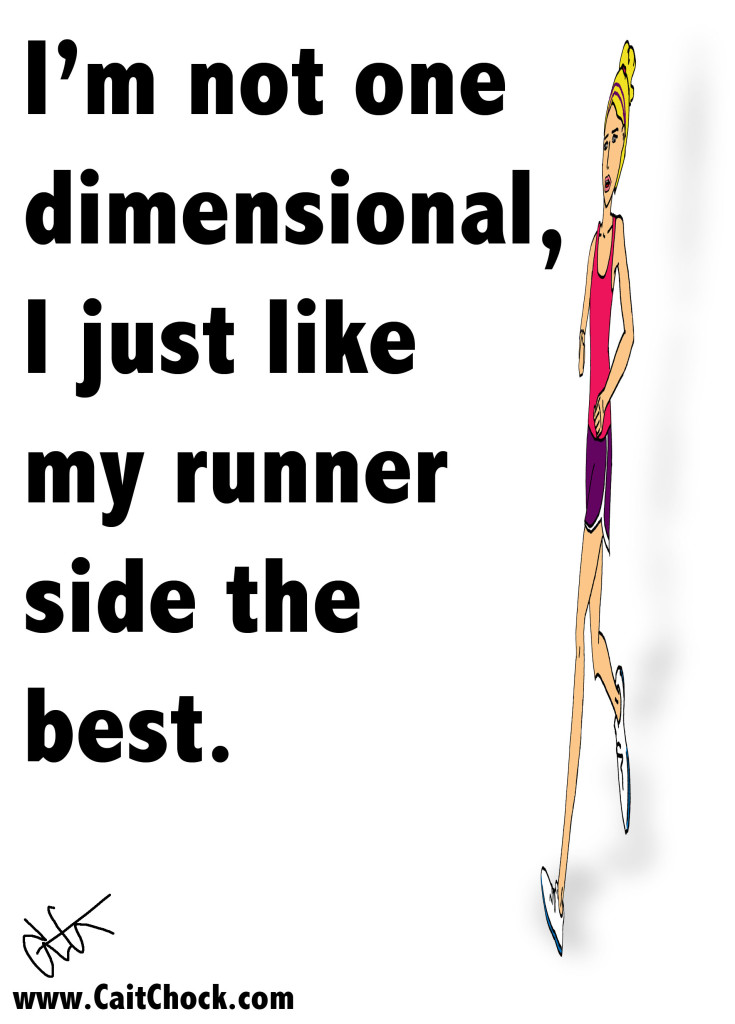
Though as I said, that’s overly simplistic, and if a runner is truly wanting to see how fast they can be they need to open their eyes and expand their training logs to include ALL of the factors that make a runner faster. You see, the body is an interconnected machine, you can’t just concentrate on straight running workouts.
I’ve been working on a series for Competitor.com tied to speed work and the other techniques that enable a runner to, well, run faster. There are drills, strength work, and a neuromuscular component to getting faster.
Check out the series so far:
What Distance Runners Can Learn From Sprinters
The Neuromuscular Component to Speed Work
Distance Runners Staying SHARP During an Injury
In reading each of them you’ll see that the first step to getting faster is working on your shorter-repeat speed. You shouldn’t avoid those 200’s even if you’re a 10k and above runner. But that’s ONE step in the process.
After that you’ve got to build the synapses and teach the nerves to fire faster; your brain is ‘telling’ your legs and foot to move faster. But if you don’t build the connections the ‘message’ won’t be able to travel faster from brain to foot.
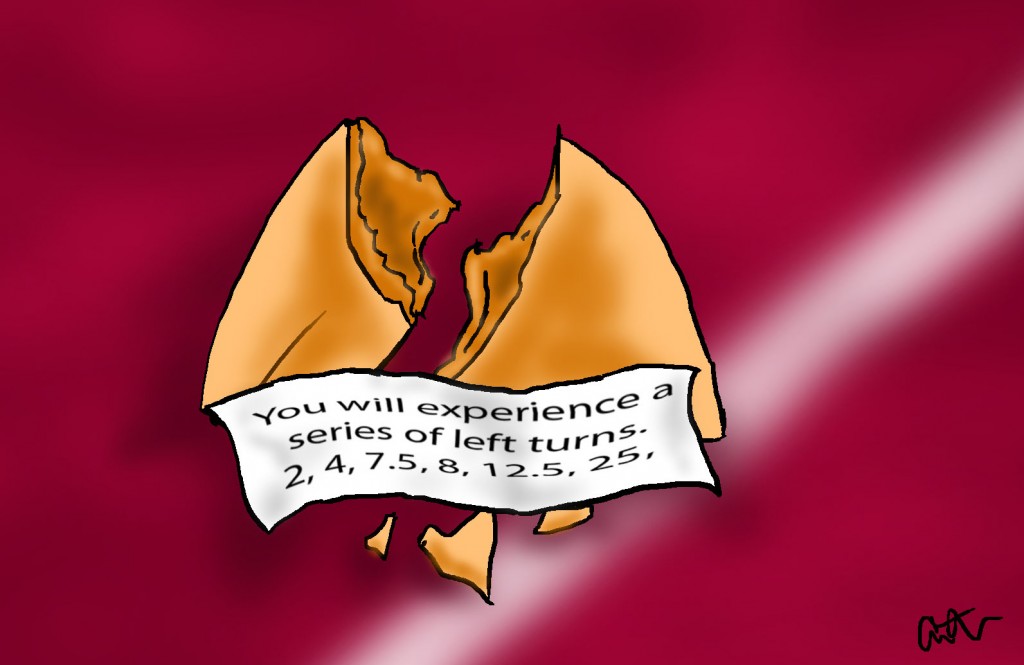
A runner’s form is also related, and the articles touch on that. Running faster takes POWER and EXPLOSIVE propulsion from your muscles. Your muscles also need to be ‘waken-up’ and eased into the movements of running. That’s why a proper warm-up is so important for your had workouts and races. There will be more on that specifically in upcoming articles.
So if you’d like to run faster, even if you’re a marathoner, it’s important to realize that it’s a multi-pronged approach. It will take time too, but consistency is the law of distance running and THAT is what will, in the end, take you to the next level.
Consistently incorporate speed work, speed-endurance, and endurance work into your training.
Consistently be working on your core and strength routines.
Consistency with foot-firing and ladder drills that play off of the short speed sessions.
Practice, improve, and then have a coach or be a student of the sport if you’re training yourself.
Without going on a long tangent, a big mistake many new runners are making is getting swept up in marathon and mileage mania. They just want to do more, more, more. That’s fine, but if you want to get faster you need to TRAIN to run faster. That’s where quality of miles becomes more important than just quantity.
I hope you enjoy the series so far and keep on the lookout for the next ones. Running is an action that can be broken down to be incredibly simplistic: left, right, left. Running faster can also be thought of in simple fashion: run faster. BUT it’s a lot more complicated, and to be honest insanely interesting, than just that.
To run faster you’ve got to be training your body to do so on multiple levels.
1) What’s a concept about speed work that you have learned from this series so far?
2) Have you done any work geared toward training your neuromuscular system to get you faster? Or is this a new idea to you?
3) If you’re training to get faster, what are some of your ‘staple’ speed sessions?


